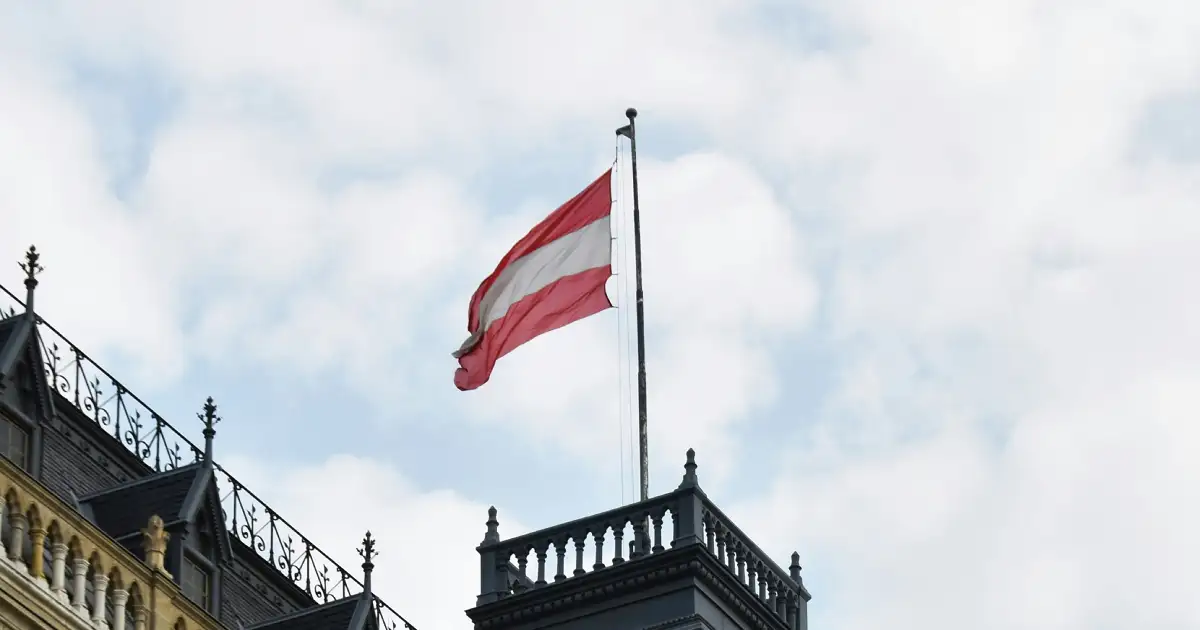End of the online casino monopoly in Austria?
Could Austria finally rid itself of its monopoly on online casino games? After decades of strict regulation and resistance to reforms, strong signals are emerging about the market’s potential opening. The authorities are seriously considering regulating the sector, marking a turning point for operators and players. If this reform comes to fruition, Austria would follow the model of many other European countries that have already opted for a multi-licence regulation system.
The end of the monopoly?
Since 2012, Austria has operated under a monopoly system, with Casinos Austria being the only operator authorised to offer online casino games. However, the expiration of its licence in 2027 could mark the end of an era. According to experts, 2025 represents a window of opportunity to break this monopoly and open the market to several private operators.
The fate of this reform depends on the formation of the new Austrian government. After the failure of negotiations between the Social Democratic Party (SPÖ) and the Liberals (NEOS), the People’s Party (ÖVP) and the right-wing populists (FPÖ) are currently in talks to form a coalition. Dr Arthur Stadler, a lawyer in Vienna, emphasises:
“What is clear is that any Austrian government will desperately need money for the budget – and a broader [gambling] licensing regime could deliver further income for the state.”
Simon Priglinger-Simader, vice-president of the Austrian Betting and Gaming Association (OVWG), is particularly optimistic. He explains:
“We are in a very interesting time at the moment, because it’s the first time for five or more years that politicians have been open to talk to us and are considering a reform and move away from the monopoly system”
The ongoing discussions pave the way for the long-awaited liberalisation.
Arguments in favour of liberalisation
Supporters of liberalising the online gaming market put forward several arguments. First, they point out that the current system prevents healthy competition and leaves ample room for black and grey markets.
The state monopoly on gambling in Austria has contributed to the emergence of a flourishing black market. By limiting access to legal operators, the current system has pushed many players towards unregulated sites, often unreliable and unsafe. This situation deprives the state of potential tax revenues and exposes consumers to increased risks, particularly in terms of transaction security and personal data protection. Liberalising the market could thus help reduce this illegal activity and improve regulation.
Simon Priglinger-Simader adds:
“We have a 30% market share for the monopoly in Austria, which shows that it just doesn’t work anymore”
On the other hand, examples such as that of Denmark show that a multi-licence regulation not only generates significant tax revenue but also offers better protection to players. Could Austria, therefore, finally imitate its European neighbours by adopting a more liberal and competitive model?
A changing market
Although the prospects for reform seem promising, several obstacles remain. The process for issuing new licences has been criticised for being discriminatory. In 2012, the Ministry of Finance granted an exclusive licence to Casinos Austria as part of a procedure considered too restrictive and favouring a single player. According to Arthur Stadler, this system was “tailor-made” for a single operator, leading to accusations of conflicts of interest since the state holds a 33.3% stake in Casinos Austria.
Austria follows the model of other European countries
Austria is not the first European country to liberalise its gambling market. Reforms already under way in several other countries aim to offer greater competition, generate additional tax revenue, and better protect players.
In Sweden, the 2019 law allowed the market to open up to private operators while maintaining strict regulations to oversee practices. Finland, meanwhile, has started discussions to modernise its approach and diversify its offerings, with the market opening planned for 2026. In Norway, the Conservative Party wants to end the state monopoly on gambling by 2028.


